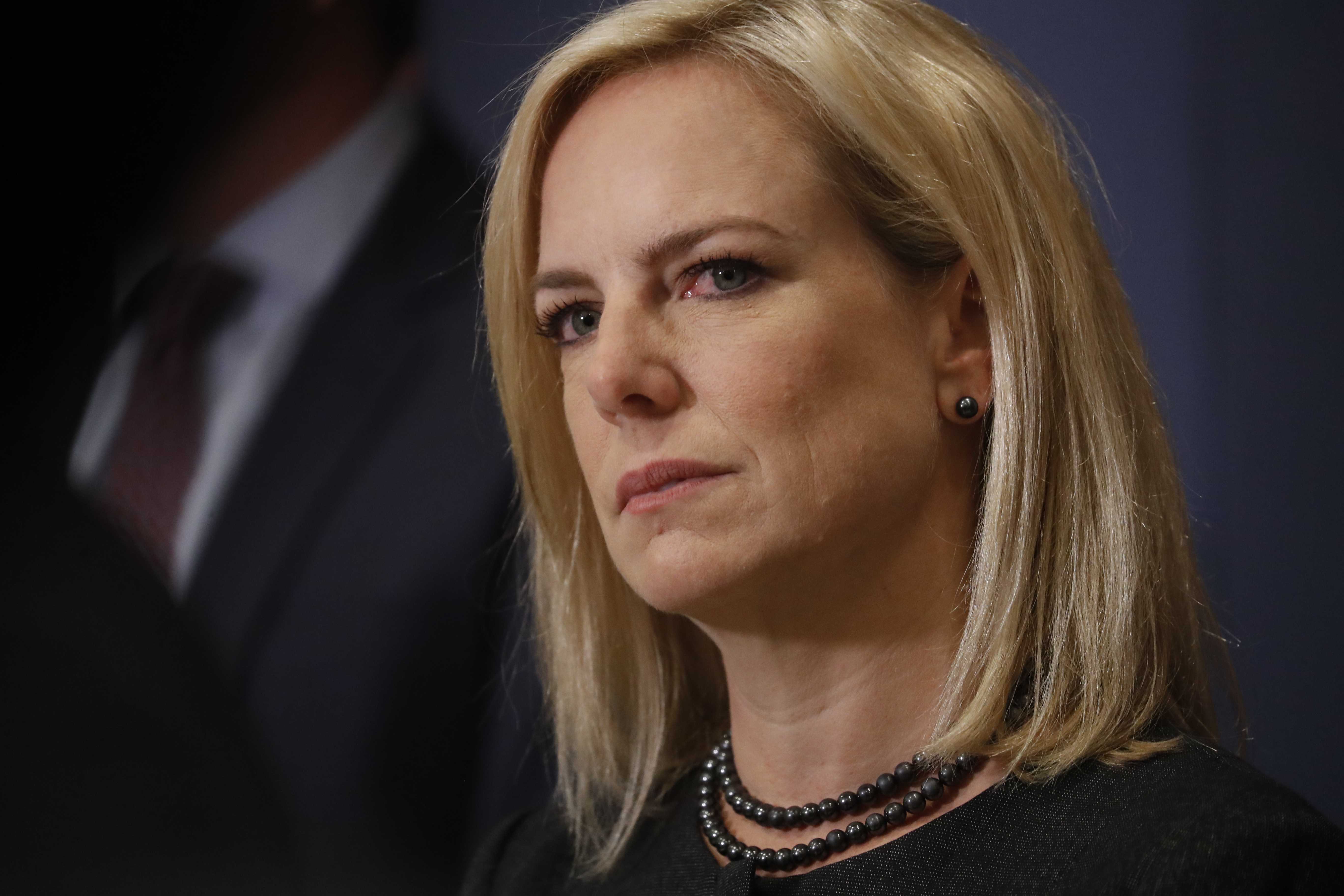
By Makini Brice
WASHINGTON (Reuters) – The FBI has arrested a man who it said planned to bomb Cleveland’s Fourth of July celebrations and then stand by and watch “it go off,” federal officials said on Monday.
Demetrius Pitts, 48, who had expressed allegiance to the al Qaeda militant group, was arrested on Sunday after a meeting with an undercover FBI agent where he said he planned to plant a bomb at a parade celebrating the U.S. Independence Day holiday and intended to target other locations in Cleveland and Philadelphia.
Many major American cities mark the holiday with fireworks and parades, and typically ramp up security around such events.
An undercover FBI agent helped Pitts pick the location for his planned attack, near a planned fireworks show and multiple U.S. government buildings, the FBI said.
“I’m gonna be downtown when the – when the thing go off. I’m gonna be somewhere cuz I wanna see it go off,” Pitts told an undercover FBI agent who he believed was affiliated with al Qaeda, the FBI said in court documents.
Pitts also suggested giving the children of military personnel remote control cars packed with explosives during the parade so the kids would unwittingly detonate the bombs, the FBI said.
Pitts was charged with attempting to provide material support to a designated foreign terrorist organization. He faces up to 20 years in prison if convicted.
An FBI source gave Pitts a bus pass and a phone to conduct surveillance ahead of his planned attack, prosecutors said.
Pitts, who lives in the Cleveland suburb of Maple Heights, also discussed possibly traveling to San Francisco for reconnaissance for al Qaeda, the FBI said.
It was not immediately clear if he had retained a lawyer, and relatives could not be reached for comment.
“This defendant, by his own words and by his own deeds, wanted to attack our nation and its ideals,” said Justin Herdman, the U.S. attorney for northern Ohio.
Officials said Pitts is an American citizen who had been radicalized in the United States.
In 2015, U.S. law enforcement officials said they had arrested more than 10 people inspired by the Islamic State militant group ahead of the Fourth of July holiday, saying the arrests had disrupted planned attacks.
A pair of ethnic Chechen brothers inspired by al Qaeda killed three people and injured more than 260 with a pair of homemade bombs at the Boston Marathon in 2013.
(Additional reporting by Barbara Goldberg and Diana Kruzman in New York; Editing by Scott Malone, Jeffrey Benkoe, Frances Kerry and Jonathan Oatis)











